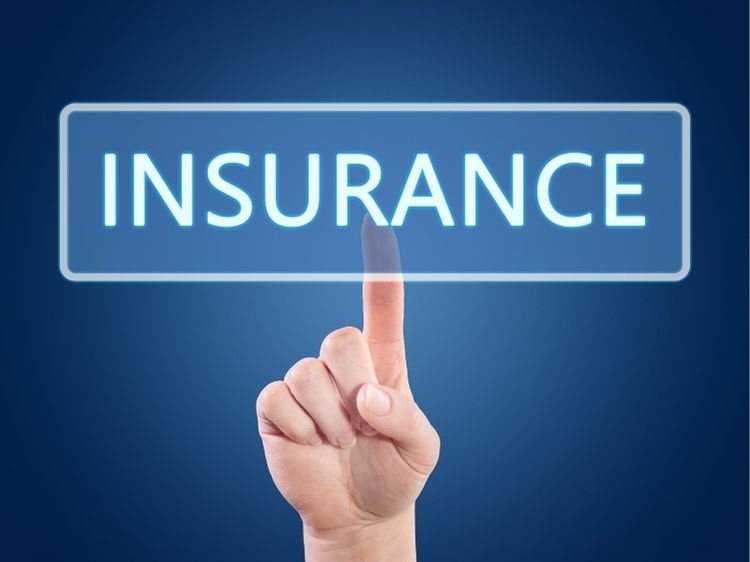Owning a home is one of life’s biggest achievements, but it comes with responsibilities, like protecting it. That’s where homeowners insurance steps in, giving homeowners peace of mind knowing that their property and belongings are covered in the face of unexpected events. Whether you’re new to this type of insurance or want a refresher, this guide breaks down the essentials of homeowners insurance, including coverage types, what it doesn’t cover, and how to pick the best policy.
What Is Homeowners Insurance?
In simple terms, homeowners insurance is a type of property insurance that protects homeowners from financial loss related to damages, theft, or liability issues linked to their home. It’s not just about protecting the physical structure but also the belongings inside and, in some cases, the people living there. If an unexpected incident like a fire or storm damages your home, homeowners insurance is what can keep you from facing enormous out-of-pocket expenses.
Why Is Homeowners Insurance Essential?
Homeowners insurance isn’t just a nice-to-have—it’s essential. Here’s why:
- Financial Security: Homeowners insurance shields you financially if your home or belongings get damaged or stolen.
- Legal Requirement: Mortgage lenders often require homeowners insurance as a condition for approving loans.
- Peace of Mind: Knowing you have coverage lets you enjoy your home without the constant fear of financial losses from accidents or natural disasters.
Coverage Types in Homeowners Insurance
Homeowners insurance policies vary, but they typically offer several types of coverage. Here’s a rundown:
- Dwelling Coverage:
Protects the structure of your home, including walls, roof, and built-in appliances, against damage caused by covered perils like fires, storms, and vandalism. - Other Structures Coverage:
This covers structures not attached to your home, such as a garage, shed, or fence. - Personal Property Coverage:
Covers your belongings, like furniture, electronics, and clothing, from damage or theft. If you have valuables like jewelry or art, you may need extra coverage to fully protect these high-value items. - Liability Protection:
Covers legal fees and damages if someone is injured on your property or if you accidentally damage someone else’s property. - Loss of Use (Additional Living Expenses):
If your home becomes uninhabitable due to a covered incident, this coverage helps pay for temporary housing and other extra expenses.
What Isn’t Covered by Homeowners Insurance?
It’s just as important to know what homeowners insurance doesn’t cover:
- Floods and Earthquakes: These usually require separate policies.
- Maintenance Issues: Regular wear and tear, mold, or pest infestations aren’t typically covered.
- High-Risk Items: Luxury items, like expensive jewelry or rare collectibles, may not be fully covered without additional policies.
How Much Coverage Do You Need?
Determining the right amount of coverage is key. You don’t want to overpay, but you also don’t want to be underinsured. Here are some tips:
- Consider Home Value: Aim to have enough dwelling coverage to rebuild your home entirely in case of a total loss.
- Account for Belongings: Take an inventory of your belongings to understand your personal property coverage needs.
- Add Liability Protection: Medical and legal expenses add up quickly, so ensure you have adequate liability coverage to avoid financial strain if an incident occurs.
Choosing the Right Homeowners Insurance Policy
Finding the right homeowners insurance policy can be overwhelming with all the options available. Here are some factors to consider:
- Compare Quotes: Get quotes from different providers to compare premiums, deductibles, and coverage.
- Check Coverage Limits: Make sure the policy you choose has sufficient limits for your needs, especially for high-value items.
- Ask About Discounts: Many insurers offer discounts for things like bundling policies, having a security system, or living in a gated community.
- Read the Fine Print: Understand exclusions and limits in your policy to avoid surprises during a claim.
Common Questions About Homeowners Insurance
- Is homeowners insurance required by law?
While not legally required, homeowners insurance is usually mandated by mortgage lenders. It’s rare to get a mortgage without it. - Can I change my coverage after I’ve chosen a policy?
Yes, most insurers allow you to adjust your coverage. It’s recommended to review your policy annually to ensure it still meets your needs. - Does homeowners insurance cover flood damage?
Typically, no. Standard homeowners insurance policies do not cover flood damage. You may need to purchase separate flood insurance if you live in a high-risk area. - What happens if I file multiple claims?
Filing multiple claims in a short period may increase your premiums. It’s wise to only file claims for significant losses. - How can I lower my homeowners insurance premium?
Consider raising your deductible, installing safety features like smoke alarms or a security system, or bundling with other insurance policies to get a discount.
Final Thoughts on Homeowners Insurance
Homeowners insurance is a safeguard that no homeowner should overlook. It’s not just about protecting bricks and mortar but also about securing your finances and peace of mind. With the right policy, you’re prepared to face the unexpected, whether that’s a storm, a theft, or an unfortunate accident. When selecting your policy, weigh your coverage needs against your budget, compare options, and review your policy annually to ensure it still aligns with your needs.
Authoritative Links for Further Reading:
- Insurance Information Institute: www.iii.org
- National Association of Insurance Commissioners: www.naic.org
- Federal Emergency Management Agency (FEMA): www.fema.gov







